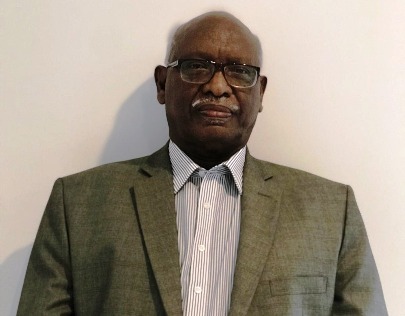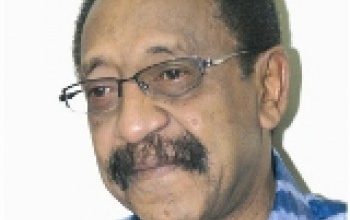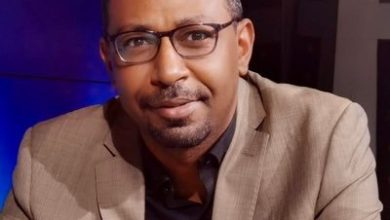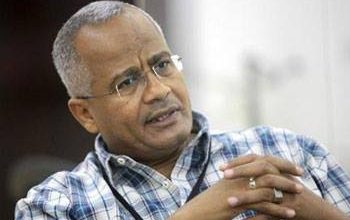
By Zine El Abidine Saleh Abdel Rahman
Napoleon once said during his campaign in the Middle East, “We offer money to some to serve our goals, but we never trust them because they have pledged to side with whoever pays more.” Despite the historical nature of this statement, it remains relevant as long as there are nations looking to implement it and make some serve their interests. It would be a lie to claim that foreign countries began executing their agenda after the fall of the regime on April 11, 2019. In reality, they started preparing to implement their new agenda once they sensed a slackness from the regime’s negotiators in holding onto national unity as a strategy in the dialogue, in exchange for retaining power.
When some leaders within the regime began expressing their visions for reform, and the 2015 elections came, where the people voluntarily abstained from casting their votes, Western countries sensed that the regime was losing the popular support it once relied on. After that, calls for reform within the ruling party grew louder, leading to the formation of the “Reform Now” group. Voices also increased in opposition to President Omar al-Bashir’s candidacy for another term in 2020.
The West began preparing the political stage for groups it had supported through various workshops in Kampala and Nairobi, inviting participation under different banners and slogans. These workshops were ostensibly aimed at enhancing skills in conflict management, leadership, and other areas, with a flood of Western-backed civil society organizations also launching projects and workshops. The West managed to intervene directly in the political process through the Quartet and the UN mission, presenting initiatives. When voices rejecting foreign intervention in domestic affairs began to rise, they were accused of being remnants of the previous regime in an attempt to intimidate and terrorize them—a common excuse for failure.
The West aimed to promote the groups it had invested in through workshops held before the regime’s fall. The group called the “Farm Group” had been tasked since 2012 with building youth organizations, which it managed to do with support, forming several youth groups. They enlisted leaders who had belonged to university groups such as the “Independent and Neutral Students,” who had led the September 2013 uprising as their first direct confrontation with the regime and a test of their leadership abilities in mobilization and organization. When the December Revolution began, the first thing the United States did was raise its diplomatic representation from chargé d’affaires to ambassador in Khartoum to better manage its political agenda. The British ambassador was also changed, and support shifted from indirect support through civil organizations to direct support.
Now, it is clear to the West that its experiment has failed completely since the outbreak of the war on April 15. When the British ambassador asked some leaders of the “Central Qahat” group to go to Cairo, as it had become the political process hub, they indeed went, held their political conference, and issued a statement calling for broader participation in dialogue, excluding the National Congress Party. However, they failed to stay in Cairo to manage the conflict from there. This made the West realize that these leaders had outlived their usefulness and were no longer capable of managing the conflict. Thus, new leaders emerged under a new coalition called “Taqaddum,” which also failed miserably in managing the conflict when they signed the political declaration with the militia, effectively becoming its political wing. They failed to hold any meetings with army leaders and even failed to expand the coalition into a popular force capable of exerting pressure.
The Geneva negotiations confirmed to the West that the Sudanese masses increasingly support the armed forces, complicating “Taqaddum’s” future mission. As a result, the West accepted the call for a Sudanese-Sudanese dialogue without betting on any specific group.
The shift seen in the statements of “Taqaddum” leaders, calling on the West and the U.S. to pressure the African Union to intervene militarily in Sudan, confirms their realization that the West is starting to withdraw its support. The statement by Djibouti’s foreign minister in Khartoum, delivering a message from Djibouti’s president to the head of the Sovereign Council, confirmed their support for the armed forces against the rebel forces, marking a new shift. The African Union’s demand for the militia to implement the Jeddah platform’s requirements—vacating civilian areas and opening an office in Port Sudan—acknowledges the army’s authority.
These shifts indicate that the war will bring forth new leaders from the depths of suffering and violent conflict in the country. May God grant us clarity and wisdom.



